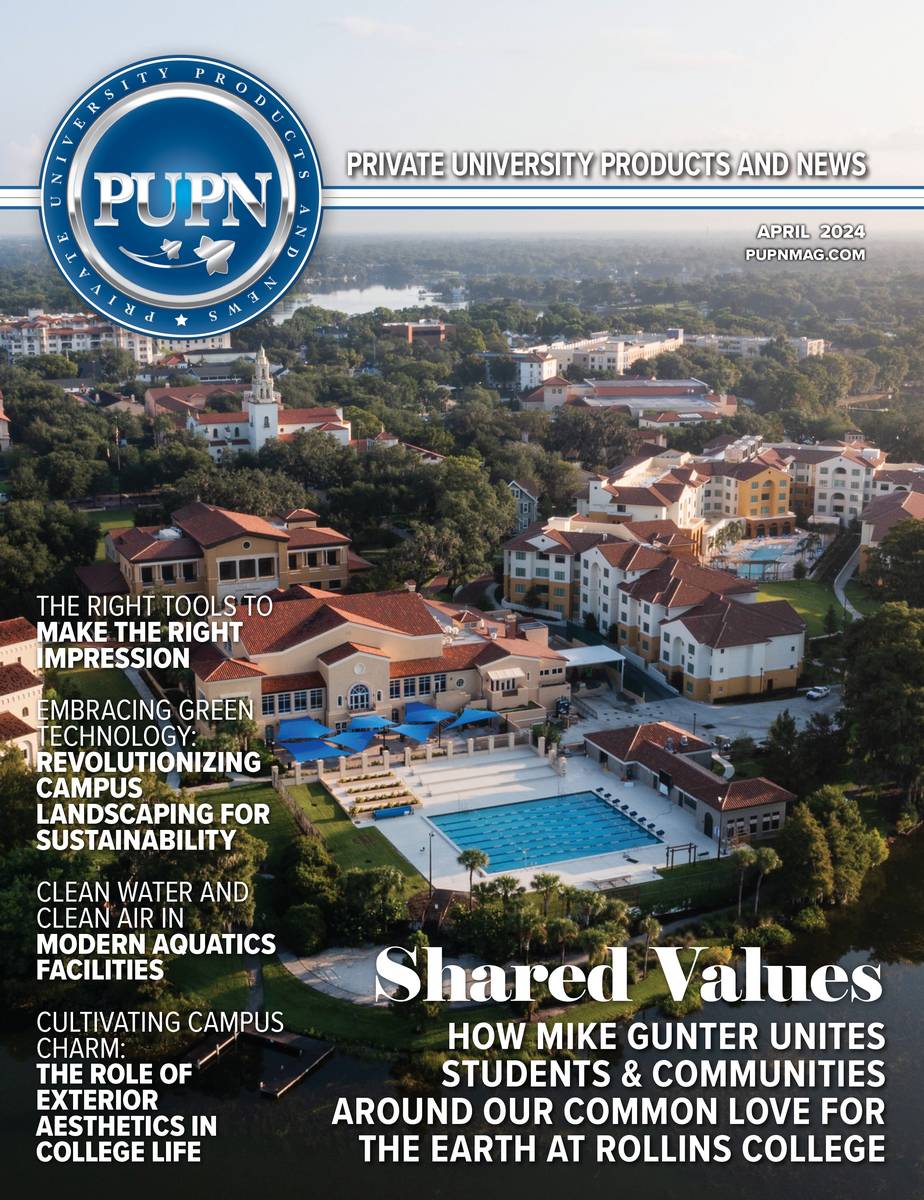by Cynthia Mwenja, PhD
Abha Rai (Ph.D., MSW), Assistant Professor in the School of Social Work at Loyola University Chicago, embodies great passion for community-oriented research, which both emerges from and gives back to the communities it engages.
In her work with South Asian immigrants and communities, Rai focuses on both perceptions and experiences of domestic violence. This population includes people from South Asia—India, Pakistan, Nepal, Bhutan, Bangladesh, the Maldives, and Sri Lanka—as well as others in the South Asian diaspora. Rai’s work fills an important gap in existing research; few previous studies examine South Asian immigrant experiences of domestic violence in the United States, among both men and women.
Clearly, such research must happen within the community–the site of the issues–which is why Rai promotes community-oriented research. But she does not want to just push out papers—she wants her findings to go back to help communities. In spreading messages about domestic violence, Rai says that there needs to be more awareness of the reach and scope of domestic violence, which happens in all communities and in families of all income levels. Rai feels fortunate to be at Loyola University Chicago, which fully supports her community-centered research approach; she feels greatly supported by her colleagues and staff at the school.
Rai points out key challenges for immigrant domestic violence survivors: women are already at a high risk of domestic violence, both in South Asian communities and in the U.S.; the risk increases for immigrants, who may not have many friends or connections to call on in their new surroundings. Survivors might choose not to report abuse because they may fear deportation, fear that their children may be removed from the home, or fear that the primary visa holder may be deported. Additionally, when couples immigrate, people holding dependent visas—typically the women—are dependent on the primary visa holders—usually the men. Important legal documentation such as the driver’s license and the bank account are tied to the primary visa holder’s immigration status, and there are often limited resources for those on dependent visas.
Another layer of complexity for this population is that some domestic violence support agencies may work with South Asian people but may not have employees who speak the same home language. For example, Sanjeevani—one of the non-profits with which Rai works—offers services in eleven common South Asian languages, but these are only a fraction of the languages spoken by South Asian immigrants.
About half of the sample population in Rai’s doctoral research had experienced domestic violence themselves, and 40% of those were men. Men can experience violence through in-law or economic abuse, often in cases—Rai surmises—in which the wife holds the primary visa. These findings indicate why men should be included in such research; previous research has not included men’s viewpoints on or experiences of domestic violence.
Rai’s colleague, Nathan Perkins (Ph.D., MSW), also Assistant Professor in the School of Social Work at Loyola, appreciates Rai’s social justice focus and community-centered approach and is “very impressed with her desire to create positive changes for those experiencing domestic violence in the South Asian immigrant community.” Another colleague—Susan Grossman, Professor in the Department of Social Work at Loyola—shares Rai’s research focus on domestic violence. Rai, Grossman, and Perkins have collaborated on two articles to date, one on family violence broadly during Covid and one on domestic violence specifically within the immigrant community. Grossman says that Rai’s expertise in the field and professionalism have added immeasurably to their work together.
Another aspect of Rai’s domestic violence work assesses whether and to what extent criminal justice systems in the U.S. are culturally responsive, particularly in cases of domestic violence. To answer these questions, Rai is working as co-PI on a grant application to the National Institute of Justice with PI Dr. Kristin Ravi, Assistant Professor in the College of Social Work at the University of Tennessee, Knoxville. Rai is contributing the survey methodology and the culturally responsive piece for the grant. The two have already collaborated on an article examining culturally responsive interventions, and they are currently working on an article looking at culturally responsive measures.
SMILE
One aspect of domestic violence that immigrants may face is in-law abuse. To assess such abuse, Rai developed a Scale to Measure In-Laws Exploitation & abuse (SMILE). Michael Robinson (Ph.D., MSW), Associate Professor in the School of Social Work at the University of Georgia, says that this scale is an excellent example of the type of culturally responsive work in which Rai engages. Ravi calls the scale “groundbreaking” and a “huge contribution.” Before Rai’s work, there had not been a way to systematically measure in-law abuse among men and women; in order to create interventions, researchers must first have measures.
In many South Asian cultures, married women traditionally go to live with their in-laws, who then have a strong influence on the women’s lives. If this relationship becomes abusive, mistreatment can take many forms—both verbal and physical abuse, controlling procreative choices, taking away one’s passport, and the like. Rai sees this pattern in other immigrant communities, as well. Many other cultures are also patriarchal, so the expectation of a wife’s submission to her husband and to her male family members is common across many immigrant cultures and communities. The SMILE assessment tool can provide a model for researchers looking at these in-law abuse issues in many diverse communities.
Community Connections
Rai volunteers with two non-profits in the Chicago area, one of which is Apna Ghar, which means “my home” in Hindi. Neha Gill, Apna Ghar’s Executive Director, says that Rai has been involved with the organization for more than two years. Rai had contacted the organization when she was researching domestic violence in South Asian communities for her dissertation. The two share an interest in practice-based approaches to research and the ways that practice and research can each inform the other. More recently, Gill says, Apna Ghar has brought Rai on in a consultative role. For example, she has conducted presentations for the staff, and she has created a methodology that the organization now uses for an evaluation project.
Rai also serves on the advisory board of Sanjeevani, another Chicago-area non-profit which provides a support network for South Asian people facing mental health or domestic abuse issues. Promila Kumar, Sanjeevani’s Executive Director and Founder, says that Rai has extensive knowledge about domestic violence issues both in the United States and internationally; the two connected when Rai was seeking statistics on domestic violence. Sanjeevani—whose name means “giving life—provides a twenty-four-hour hotline staffed by volunteers trained through the National Alliance on Mental Illness (NAMI). Kumar says that domestic violence is an important issue globally, so Rai’s work is vital.
Rai has become part of the Sanjeevani advisory team, providing her guidance and expertise to the organization on subjects such as domestic violence, mental health, and dating violence; she has organized presentations for the staff and clientele on these subjects. One upcoming presentation will focus on healthy relationship components and boundaries. As Rai reports, many South Asian immigrants come from cultures in which dating is not a common concept, so students may not understand what is appropriate. For example, technology abuse can be common for international students because they may not know that it is not normal for their partner to have their social media password, track their phone usage, or reply to posts or texts on their behalf. Rai found that students wanted to have these important conversations and to understand the available resources.
Kumar says that the skills, facts, and knowledge Rai brings really help Sanjeevani and make her an excellent resource and asset. According to Kumar, Rai has also been one of the key people driving connections between Sanjeevani and two organizations in India, one working for legal help for women, and the other supporting those who are experiencing domestic abuse. The three organizations have been cooperating with each other to help women through awareness, intervention, and solutions.
In early May, Sanjeevani is hosting a collaboration event to help women learn more about topics related to domestic violence, such as understanding exactly what constitutes domestic violence, what spurs it, intimate partner violence, and legal recourse that may be available. Kumar says that this event has the potential to help make things better by empowering people with knowledge. This event, targeted at survivors of domestic violence, will feature four sessions for participants in both the U.S. and India. Rai will be one of the key speakers in a panel discussion focusing on helping teenagers, college students, and single adults understand some hallmarks of healthy relationships. Recognizing healthy relationship boundaries can be challenging for immigrants because of differing social norms between cultures.
Bystander Training Module
Rai is currently working on a bystander intervention tool to help people be more aware of domestic violence issues as well as equipping bystanders to step in. For the preliminary work on the curriculum, Rai obtained an internal university grant through the Office of Research Services, Loyola University Chicago, and she is now working on a larger grant to extend this work nationally. Gill says that such a curriculum will be very helpful; Apna Ghar volunteers often field questions about how friends and family can help when they see situations that seem dangerous or unhealthy. Similarly, Perkins states that “The program she is currently creating will undoubtedly lead to increased knowledge about and changes in domestic violence within immigrant communities within the U.S.”
People working in police and criminal justice settings know that different cultures have different norms, so they might overlook some domestic violence tactics because they may attribute behaviors to cultural differences. Rai’s curriculum can guide both professionals and laypeople regarding appropriate ways to read and respond to specific situations. Gill is impressed with just how committed Rai is to these issues and how interested she is in making sure that her research has a positive impact.
Passion
Rai’s passion for social work began as she traveled across rural communities in India with her mother, an educator and social worker. This passion, noted by those who know her, stems from her “desire to not only educate others on the negative consequences of domestic violence but to ameliorate domestic violence in immigrant communities altogether,” according to Perkins. Rai mentions how truly blessed she is to have the support of her family every step of the way.
In pursuing this research, Rai not only advances knowledge in her field, she actively and materially improves the lives of South Asian immigrants—thereby providing a shining model for community-engaged academic work.










